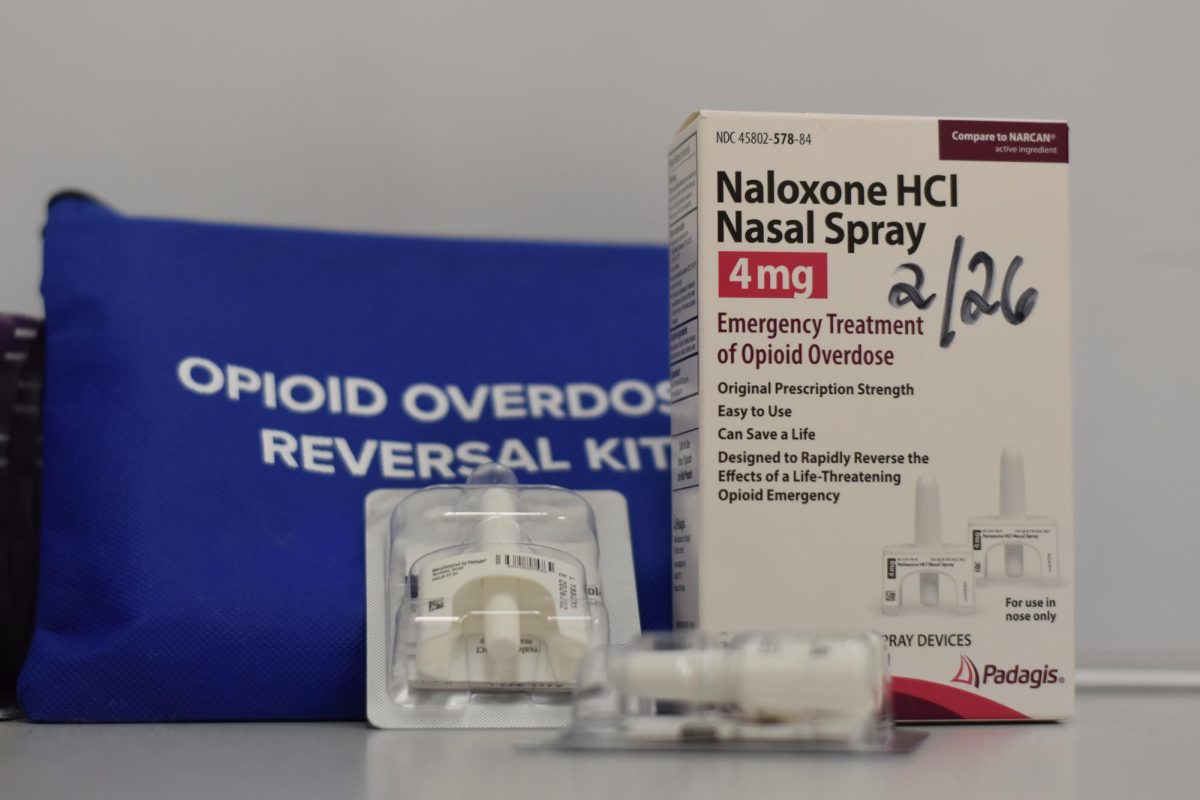As overdoses continue to grow nationally and globally, LCPS board members consider revisions to Policy 8420 to combat overdoses in the learning environment.
The year 2015 was a turning point for American citizens as overdoses connected to fentanyl had skyrocketed. By early 2024, more than 2.1 million people had developed an Opioid Use Disorder (OUD), with reported use ranging from “chronic dependency” to addiction. Opioid abuse was a declared National Public Health emergency by former President Donald Trump in 2017 with more than 120,000 opioid-related deaths worldwide each year. Seven years later, school systems are working to combat this growing issue.
In 2023, eight Park View High School students overdosed on opiods within three weeks. US News and World Report reported that an average of 22 teenagers died per week of overdoses in 2022, primarily connected to fentanyl. “That’s like losing an entire classroom of students every week,” said Algonkian District School Board Representative April Chandler. “Many of the students who overdosed did not have a history of drug use. Deaths have also been caused by fake pills that are made to look exactly like actual prescription medications, such as Xanax, Adderall or Percocet, but about seven out of 10 of these fake pills contain fentanyl.”
Over the years, multiple opioid reduction methods have been applied in Loudoun County Public Schools (LCPS), including issuing NARCAN, a nasal spray designed to reverse the opioid effect, to administrators in order to prevent overdoses in the learning environment. “In my research on this issue, I have heard NARCAN referred to as the fire extinguisher of the opioid crisis,” said Chandler.
The Loudoun County School Board (LCSB) Student Services Committee is considering a revision of Policy 8420, Student Medication after the possibility of its revision was introduced as an “Information” item at a Aug. 22 meeting, according to Chandler. Policy 8420 currently states that “students that have medical documentation of a condition which requires access to a rescue inhaler, epinephrine, injectable insulin, or Glucagon, may be permitted to self- carry and self-administer these medications” with parent consent.
There are two new additions under consideration: the first would allow students to carry and self-administer pancreatic enzymes, hydrocortisone, or Solu-cortef, according to Chandler. This policy states that school administrators can revoke these permissions if there is a misuse of the medication.
The second proposed addition permits students 16 and older to bring NARCAN to school and use the spray on others when needed. This would require student and parent consent as well as student training prior to bringing NARCAN. “It’s hard to see any drawbacks specifically related to NARCAN. I believe this is another first-aid option we can utilize to keep students safe,” said Chandler.
While the proposed amendments help address the ongoing epidemic, it has some drawbacks. One issue, according to Principal Dr. Brandon Wolfe, is students bringing their own medication into school.
“If kids have prescription medication on them, I think that is a little more concerning just because of the potential for someone to steal them, sell, or abuse them, whereas with NARCAN, there are no opiates used for it, so it’s not something you could abuse or get high off of,” said Wolfe.
The policy was an action item at the Sept. 19 LCPS Board meeting. “Once the policy is revised and voted on by the committee, it is then sent to the full school board for a vote,” said Chandler. As of now, the board is in favor of the additions to the policy and more will be announced in the upcoming weeks as the final vote will occur at the October board meeting.


